You've got this beautiful bottle of extra virgin olive oil, and you're thinking, "Can I actually use this for cooking, or is it just for drizzling on salads?" I've been there, staring at that gorgeous golden liquid, wondering if I should be treating it like some kind of culinary treasure. And the truth is, it's a bit of a tricky question. There are strong opinions on both sides of the fence, and it's really down to personal preference and a bit of understanding about what makes extra virgin olive oil so special.
So, grab a cuppa, settle in, and let's delve into the world of extra virgin olive oil, exploring everything you need to know about using it in your cooking. We'll cover its unique characteristics, the pros and cons of using it for cooking, and provide practical tips for incorporating it into your everyday culinary repertoire. We'll even explore its potential in baking and address some common questions. Let's get started!
Part 1: Understanding the Basics
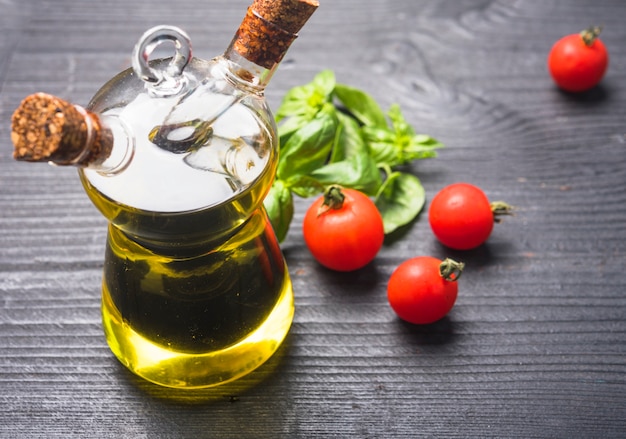
What is Extra Virgin Olive Oil?
Extra virgin olive oil, often referred to as EVOO, is the gold standard of olive oils. It's the most premium type, extracted from olives using only mechanical methods – no chemicals are involved. This "first press" method ensures that the oil retains its natural flavour, aroma, and beneficial compounds.
The result is a luxurious oil with a distinct, fruity flavour and a slightly peppery finish. This unique flavour profile comes from the olives themselves, as well as the meticulous process used to extract the oil. It's not just about taste, though. Extra virgin olive oil is also packed with antioxidants and healthy fats, making it a popular choice for heart-conscious consumers.
The smoke point
The smoke point of an oil refers to the temperature at which it starts to break down and release harmful chemicals. This is where the debate about using extra virgin olive oil for cooking begins. EVOO has a lower smoke point compared to other cooking oils, typically around 374°F (190°C). This means it's not ideal for high-heat cooking, like deep frying.
The Taste Factor
However, the lower smoke point is part of what makes extra virgin olive oil so special. It contributes to its unique flavour and aroma, which many find irresistible. Imagine a delicate olive flavour subtly enhancing your pan-fried vegetables or adding a touch of richness to your pasta sauce. It's a nuanced flavour that can elevate a dish, rather than simply being a neutral cooking medium.
Part 2: The Case for Using Extra Virgin Olive Oil for Cooking
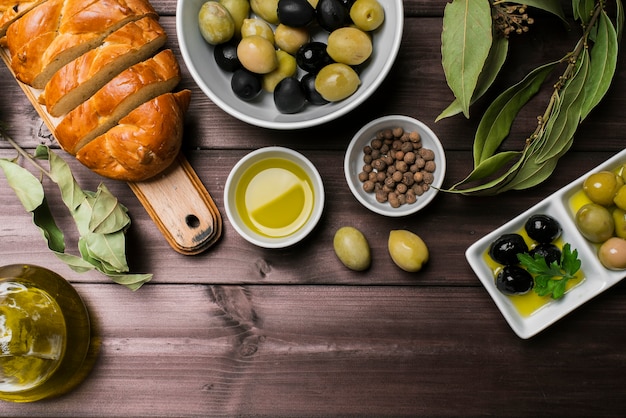
Taste and Health Benefits
Extra virgin olive oil is a culinary gem, adding a depth of flavour to cooking that other oils simply can't match. The way it caramelizes and brings out the natural flavour of food is truly remarkable. Have you ever tasted a pan-fried steak with a touch of EVOO? It's a symphony of flavour, with the olive oil enhancing the natural sweetness of the steak, while adding its own subtle, peppery note.
Roasted vegetables are another example of how EVOO transforms a dish. It adds a delightful, almost smoky quality that elevates the whole dish. And let's not forget the health benefits. The antioxidants in extra virgin olive oil are a bonus! It's like giving your food an extra dose of healthiness, making it a guilt-free indulgence.
Low and Medium Heat Cooking
Most everyday cooking doesn't require super high heat. Stir-fries, sauteing vegetables, and even baking use temperatures that are perfectly fine for extra virgin olive oil. I actually find that using it for these cooking methods brings out a wonderful depth of flavour that I wouldn't get with other oils.
Sautéing and Stir-frying
I've been using extra virgin olive oil for sautéing and stir-frying for years, and I haven't had any issues. Just make sure you're not overheating your pan. The key is to be mindful of the heat and not let things get too hot. You'll notice that the oil doesn't smoke or break down as easily as you might think.
Part 3: The Case Against Using Extra Virgin Olive Oil for Cooking
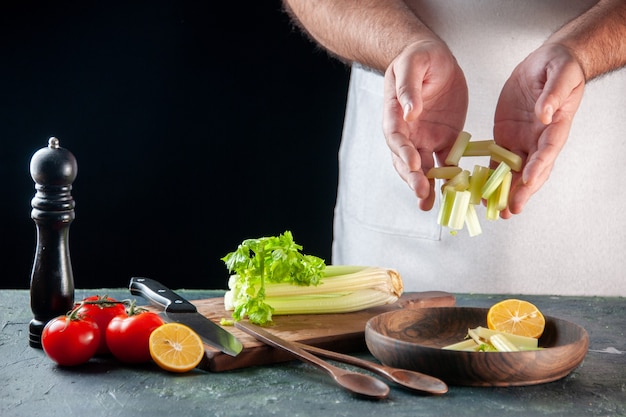
The Smoke Point Factor
Let's address the elephant in the room – the lower smoke point of extra virgin olive oil. If you're planning on deep frying or cooking at super high temperatures, you're probably better off using a more heat-stable oil. That's where refined olive oil or even other oils like vegetable oil come in handy. They have a higher smoke point and can withstand those intense temperatures.
The Cost Factor
Let's be real, extra virgin olive oil can be pricey. If you're cooking for a large family or on a tight budget, it might not be the most practical option for everyday use. You might want to consider using a blend of extra virgin olive oil and a more affordable oil, like sunflower oil, to keep costs down.
The Flavour Factor
Extra virgin olive oil has a distinct flavour that some people may not enjoy. For example, if you're making a dish that requires a subtle flavour profile, using a neutral oil might be a better choice. Think about a delicate fish dish or a creamy sauce; you wouldn't want the strong olive flavour to overpower everything else.
Part 4: Finding the Right Balance
Using a Blend of Oils
I'm a big fan of using a blend of oils, especially for everyday cooking. It's a great way to enjoy the flavour of extra virgin olive oil without breaking the bank or worrying about the smoke point. I usually combine it with a more neutral oil like sunflower or rapeseed oil, depending on what I'm cooking.
Choosing the Right Extra Virgin Olive Oil
Not all extra virgin olive oils are created equal. Some have a more robust, peppery flavour, while others are more mellow and delicate. I've found that tasting different oils is the best way to find one that suits your palate. Don't be afraid to experiment! You might be surprised by the different flavours and qualities you discover.
Understanding the Labels
When you're shopping for extra virgin olive oil, pay attention to the labels. Look for the words "extra virgin" on the bottle, and make sure the acidity level is below 0.8%. This means the oil has been produced under high-quality standards and has a more intense flavour. You can also check the harvest date to get an idea of the freshness of the oil.
Part 5: Extra Virgin Olive Oil in the Kitchen
Versatile Uses
Extra virgin olive oil is incredibly versatile. I use it for everything from marinating meat and poultry to making salad dressings and finishing pasta dishes. It's also a fantastic addition to soups, stews, and even baked goods. Just be mindful of the temperature when you're cooking with it.
Storage
Extra virgin olive oil is a delicate oil, so it's important to store it properly. Keep it in a cool, dark place, away from direct sunlight and heat. A pantry or a cupboard is ideal. You can also store it in the refrigerator, but it will solidify at low temperatures. If you do store it in the fridge, just take it out for about 30 minutes before you use it so it can soften up.
Shelf Life
A good quality extra virgin olive oil can last for up to 18 months in a cool, dark place. However, the flavour will start to fade after about a year, so it's best to use it up within that timeframe. You'll notice that the oil might start to become more bitter or take on an off-flavour as it gets older.
Part 6: Extra Virgin Olive Oil for Baking
Adding Flavour and Moisture
Now, you might be thinking, "Extra virgin olive oil for baking? That's a bit adventurous!" And you're right, it's not the most common ingredient in baking, but it can add a delightful twist to your sweet treats. The olive flavour can actually complement both sweet and savoury baking, adding a subtle richness and depth. Plus, it's a great source of moisture, which can make your cakes, muffins, and cookies extra tender.
Tips for Baking with Extra Virgin Olive Oil
Here are a few tips for baking with extra virgin olive oil:
- Use a high-quality extra virgin olive oil with a milder flavour. A fruity, grassy oil will be too overpowering.
- Start with a smaller amount of olive oil than the recipe calls for, and adjust as needed.
- Combine the olive oil with other fats, like butter or margarine, to create a more balanced flavour.
- Don't over-mix the batter, as this can develop a strong olive flavour.
Part 7: Extra Virgin Olive Oil for Frying
Deep Frying with Extra Virgin Olive Oil
Deep frying with extra virgin olive oil is not recommended. The low smoke point makes it prone to breaking down and releasing harmful chemicals at high temperatures. You're better off using a more heat-stable oil, like refined olive oil or vegetable oil, for deep frying.
Pan Frying with Extra Virgin Olive Oil
Pan frying with extra virgin olive oil is perfectly acceptable, as long as you keep the temperature low to medium. It actually enhances the flavour of the food, giving it a crispy exterior and a slightly smoky flavour. Just make sure you don't overheat the pan, and you're good to go.
Part 8: Extra Virgin Olive Oil for Salads
The Perfect Finishing Touch
Extra virgin olive oil is the perfect finishing touch for salads. It adds a creamy texture, a rich flavour, and a healthy dose of antioxidants. A simple drizzle of extra virgin olive oil, a sprinkle of salt and pepper, and maybe a squeeze of lemon juice is all you need for a delicious and healthy salad dressing.
Choosing the Right Olive Oil for Salads
When choosing an extra virgin olive oil for salads, go for one with a fruity flavour that complements the other ingredients. I'm partial to oils with a slightly peppery finish, as it adds a nice kick to the salad. You can also experiment with different types of olives, such as Kalamata or green olives, to add another layer of flavour.
Part 9: FAQs
1. Is it okay to cook with extra virgin olive oil every day?
Absolutely! Using extra virgin olive oil for cooking every day can be a healthy and delicious choice. Just remember to be mindful of the smoke point and adjust your cooking methods accordingly.
2. Can I use extra virgin olive oil for frying eggs?
Yes, you can! Extra virgin olive oil is a great choice for frying eggs. The flavour will add a lovely depth to your eggs, and the heat from frying eggs is generally low enough to prevent the oil from breaking down.
3. How do I know if my extra virgin olive oil has gone bad?
You'll know your extra virgin olive oil has gone bad if it starts to smell rancid or taste bitter. It might also change colour, becoming darker or cloudy. If you notice any of these signs, it's best to discard the oil.
4. What's the difference between extra virgin olive oil and regular olive oil?
Extra virgin olive oil is the highest quality olive oil, produced using only mechanical methods and having a low acidity level. Regular olive oil, on the other hand, can be a blend of extra virgin olive oil and refined olive oil, which has a higher smoke point and a more neutral flavour. Refined olive oil has been chemically processed to remove impurities and reduce its acidity, resulting in a more stable oil with a milder flavour.
5. What are the health benefits of extra virgin olive oil?
Extra virgin olive oil is packed with healthy fats, particularly monounsaturated fats, which are known to be beneficial for heart health. It's also a good source of antioxidants, which can help protect against cell damage and inflammation.
Part 10: Final Thoughts
So, to answer your initial question, can you cook with extra virgin olive oil? Absolutely! It's a versatile oil with a unique flavour that can elevate many dishes. Just be mindful of the smoke point and use it wisely, and you'll be rewarded with delicious and healthy meals. And remember, the best way to discover the joys of extra virgin olive oil is to experiment and find what works best for you. So, get creative in the kitchen, and let that beautiful golden liquid work its magic!
Everyone is watching
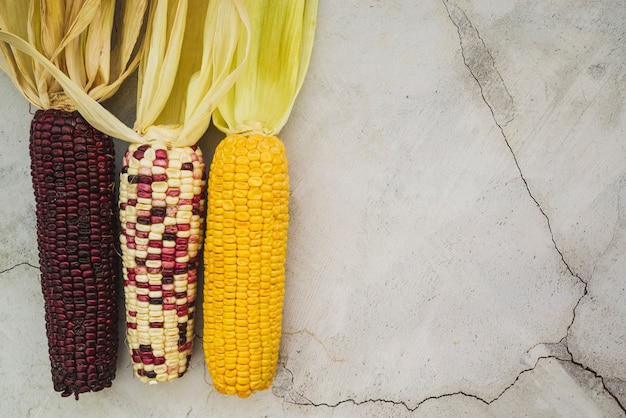
Corn on the Cob: The Ultimate Guide to Perfectly Cooked Ears
Healthy MealsAh, corn on the cob. Just the name evokes images of sunny days, barbecues, and that sweet, juicy flavour that ...
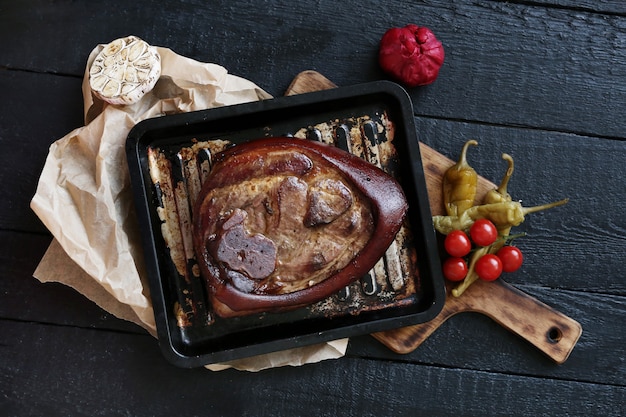
Perfect Pork Roast Oven Cooking Time: A Guide to Delicious Results
Healthy MealsThere's something truly satisfying about a perfectly roasted pork. The aroma alone is enough to make your mout...
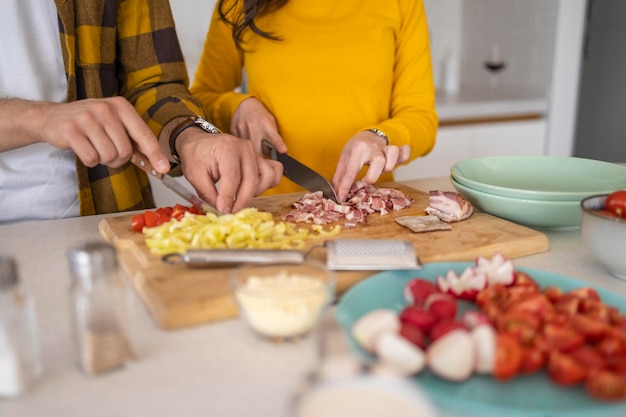
Ham Cooking Time: How Long to Bake, Smoke, or Boil a Delicious Ham
Healthy MealsAh, ham. It's a classic, isn't it? A real crowd-pleaser, especially around holidays. And when done right, it'...
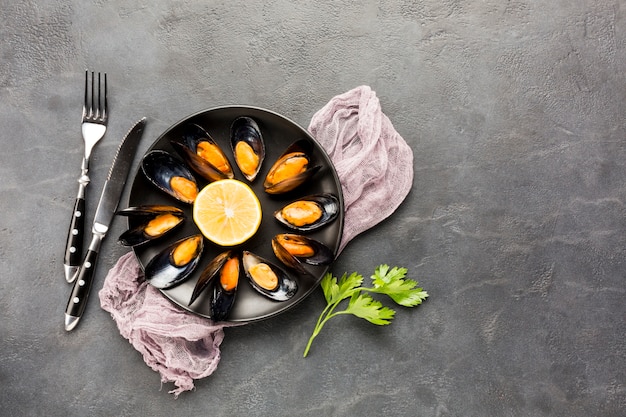
Scallops: The Ultimate Guide to Perfect Cooking
Healthy MealsAh, scallops. Those delicate, sweet, and utterly delicious morsels of the sea. They hold a special place in my...
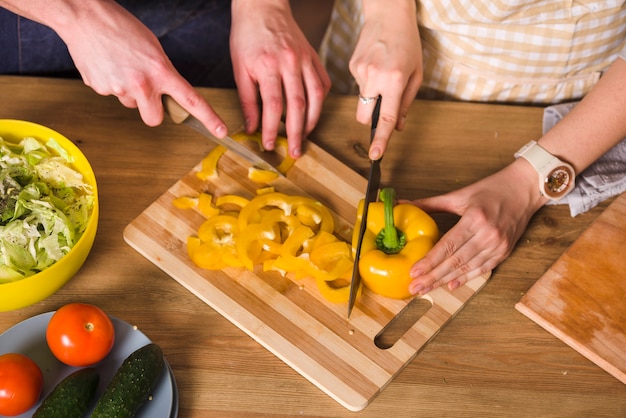
Spaghetti Squash: The Ultimate Guide to Cooking and Serving
Healthy MealsRemember that time you saw spaghetti squash at the supermarket, looking all bumpy and strange, and thought, "W...
